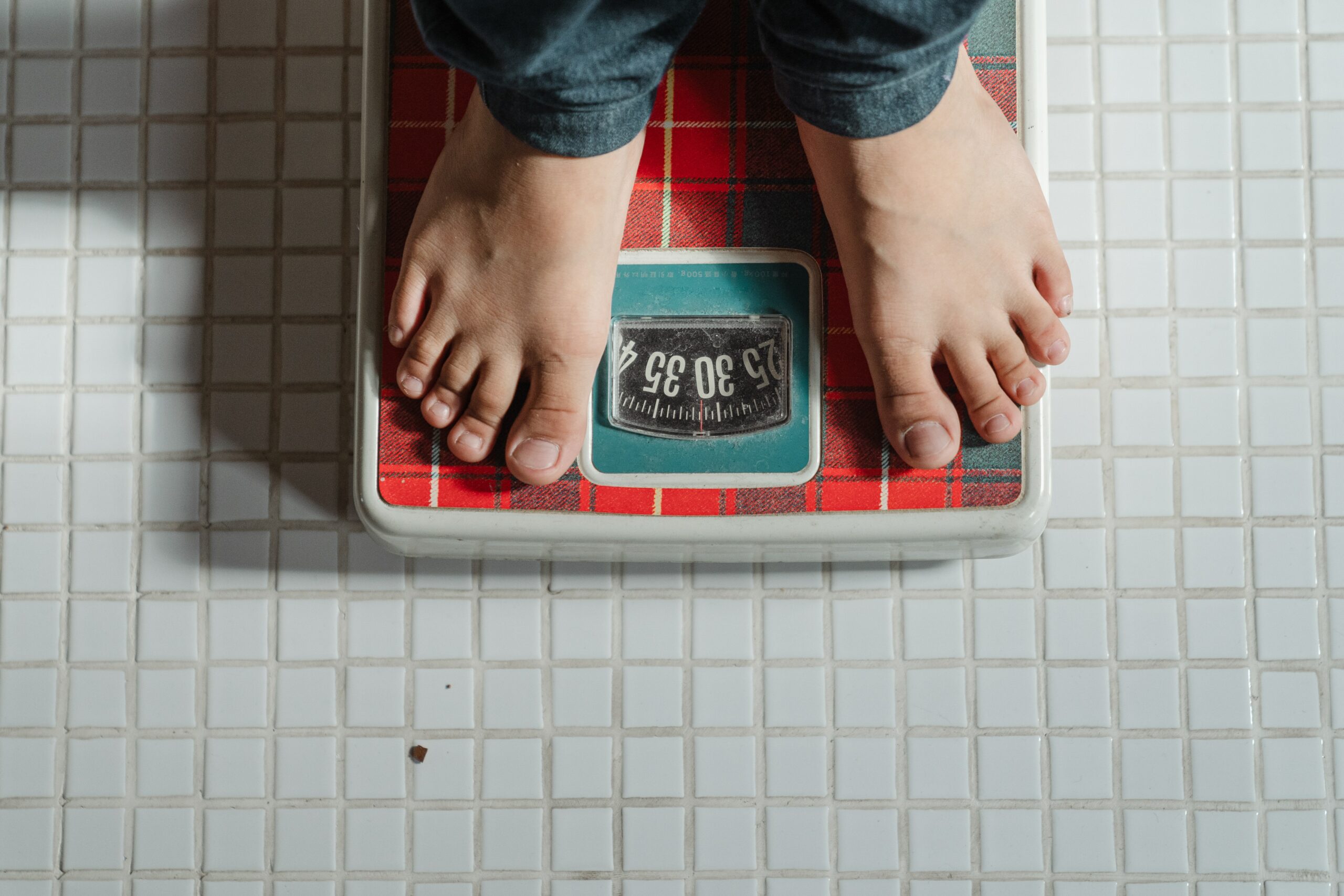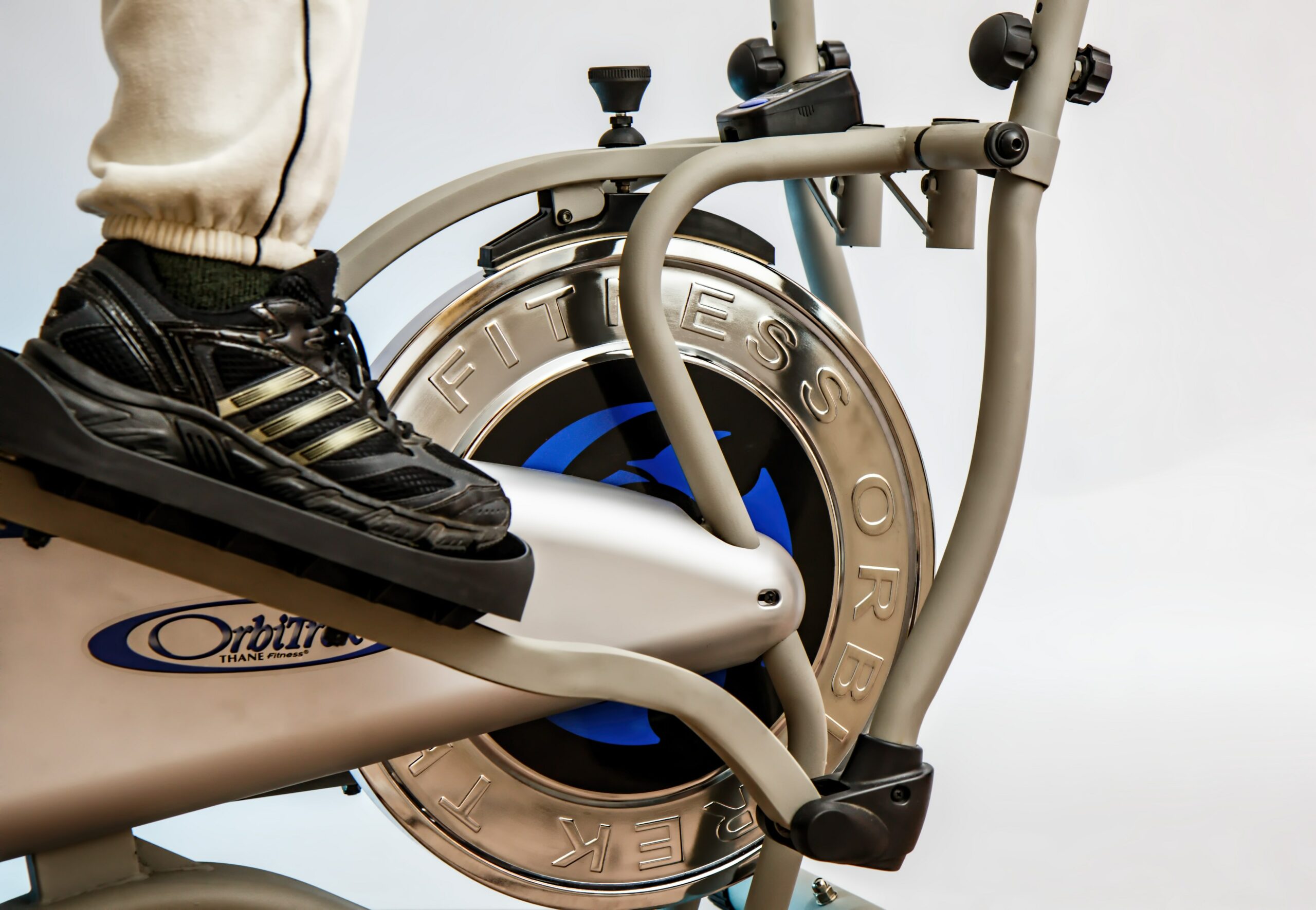“Children’s dietary demands are distinct from those of adults,” says the author. If your child is obese, you probably want to assist in Weight Loss. Sometimes, what works for adults might not be the ideal option for youngsters. In some cases, ignoring the advice of nutritionists and dieticians may be necessary.
When it comes to losing weight, what is the most effective method for a child?
Please make an appointment with their pediatrician to discuss the best course of action for losing weight. However, you can also consider the following basic measures to assist your youngster. In addition, the entire family has adopted a better lifestyle. Your loved ones must also be on board with you. Parental habits are passed on to children.
Have a family discussion instead of focusing on one youngster in particular. Consider making a change that benefits everyone, including yourself. According to one study, children were far more likely to Weight Loss if their parents did as well. So leading by example is critical.
Begin with a small goal:
Instead, focus on a small number of tweaks at a time. Changes that can be implemented incrementally have a better chance of lasting over time. Don’t make sweeping dietary changes for the entire family all at once.
You can start with one or two of these habits a week:
To start the day, have a small portion of whole-wheat bread with peanut butter on top. It will make them feel full and prevent them from overeating later on. Keep an eye on how much food you’re consuming. Downsizing your tableware may be necessary because large plates and glasses encourage overeating. You should ensure that your youngster has a nutritious breakfast.
Replace sugary drinks like juice and soda with water or low-fat or nonfat milk for your youngster. Try not to eat out more than once a week if possible. Reduce your intake of unhealthy snacks like chips, cookies, and sweets by replacing them with fresh fruits and vegetables. Your children can’t eat these high-calorie items if you keep them out of the house.

When it comes to grains, choose whole wheat bread and brown or wild rice instead of white bread and rice. Try novel grains like quinoa or faro, too. You shouldn’t ban snacks outright, but you should teach your children to enjoy them in moderation.
Determine your ideal weight:
It may be necessary for them to maintain their weight or gain slower because they are still growing. Older teenagers can achieve Weight Loss by losing up to 2 pounds each week. A lot of children under the age of ten aren’t supposed to lose weight. Your child’s doctor will be able to provide you with specific recommendations.
Have dinner together:
Schedule a few family meals at the beginning of each week. Get everyone involved in the planning and preparation of the meals if you can. Family dinners away from the television are an excellent way to instill healthy habits in your children. According to a recent study, youngsters had three or more family meals a week, and they were 20% less likely to consume unhealthy foods. Twelve percent was less likely to be obese, too.
Fill your children’s diets with fruits and vegetables:
Children should eat between one and three cups of veggies and one and two fruit cups each day. Eat a lot of fruits and vegetables because they are low in calories and packed with nutrients.
With these tips, you can sneak in a few more servings:
Breakfast or an afternoon pick-me-up? Make a fruit smoothie with a few simple ingredients. Take your youngster to the grocery shop and let them choose their favorite fruits and vegetables.

At every meal or snack, include a piece of fruit or vegetable:
When making kid-friendly recipes like chili, lasagna, or spaghetti, swap out the meat for vegetables. In between meals, you can serve up some veggies and dip them in hummus, or you can add some fruit to your cereal or sandwich.
Get up and go:
Make physical activity a family affair. As a parent, you may help your child achieve their goal of becoming more physically active. Going on a walk together may be a lot of fun and hiking or biking together. Every day, experts recommend that children get at least 60 minutes of physical activity. Please help your child choose an activity they like, whether it’s soccer, swimming, dancing, or any other form of physical activity that they may be interested in.
Running around the playground is also an option. They should be encouraged to spend more time outdoors than in front of a television or computer screen. There is a formal Weight Loss program that they can help you with. After a few months of making these modifications, if your child is still gaining weight, you may want to consider making additional changes. To help your child Weight Loss , you may need to consult a healthcare specialist who specializes in this area.
Diets and supplements aren’t for you:
Putting your child on a diet may be the first thing that comes to mind. Unless prescribed by a doctor, Weight Loss medicines and supplements are not an intelligent idea. No studies have been done on how these medications impact children; therefore, they may not be safe for use. Avoid drastic calorie-cutting strategies for children unless their pediatrician approves.

They could imply that they won’t be receiving the nutrients and calories they require to grow and develop normally. Because many diets educate your child that particular foods are “bad” or “off-limits,” this could have long-term consequences for their eating habits in adulthood.
Goal:
Instill a healthy outlook on food. This age group is often expected to maintain their weight or grow it at a more moderate pace. Make a few tweaks. You don’t want to change your family’s food all at once thoroughly. Begin by making a few adjustments each week. Your child will be less prone to overeat if they consume three meals and two snacks each day. As a parent, you should discuss your decisions with your child. Be sure to point out to your children that certain foods can help them perform better at sports.
What you’re capable of doing:
You should make sure that your youngster has at least 60 minutes of physical activity in their day. If climbing a jungle gym at the park isn’t your thing, there are plenty of other ways to keep your child active. Tossing and turning in the living room or playing tag in the backyard. Early on, you’re responsible for establishing a regular pattern for your children. They don’t have to do all of their workouts in one sitting. You can fit an hour-long workout into your day in a series of short bursts.
Ages 7 to 10 Goal:
Keep your weight stable or gain it at a slower rate in most circumstances. What you’re capable of doing; In these years, children have their thoughts and feelings. Now is the moment to teach your child how to make good decisions for the rest of their lives. However, their parents are still needed to assist them.

The methods listed below can be beneficial:
The whole family should be on board. In addition, keep in mind that children learn from their parent’s behavior. To convince your child to eat more vegetables or exercise more, you must do the same things yourself. If your child is overweight, you don’t want them to feel isolated. Discuss the importance of making healthy choices with the entire family.
Bring them to the kitchen:
When it comes to starting kids on a healthy eating routine, now is an excellent time to start. If they have a say in the preparation, they are more likely to be excited about a healthy dinner. Enlist their help to organize your menu, shop for groceries, and make meals.



